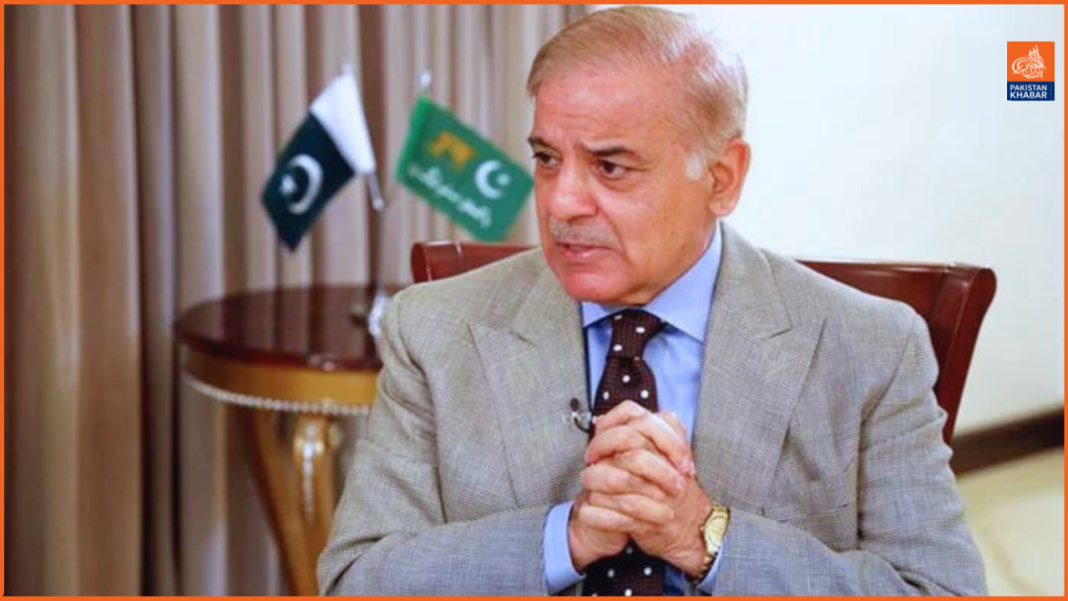Key Highlights of Government’s Decision on IPPs:
The government has announced the early termination of power purchase agreements (PPAs) with five of the oldest independent power producers (IPPs) to save Rs. 411 billion, aiming to reduce the average electricity tariff by 71 paise per unit.
Further cuts of Rs. 8-10 per unit are expected as part of a broader policy initiative.
Plans for a winter package are being considered, which would incentivize increased electricity usage with discounts of Rs. 20-30 per unit.
The government intends to establish charging stations for electric vehicles in the coming weeks.
ISLAMABAD: On Thursday, the government revealed its decision to prematurely terminate power purchase agreements (PPAs) with five aging independent power producers (IPPs). This move is projected to yield future savings of Rs. 411 billion and reduce the average electricity tariff by approximately 71 paise per unit, currently set at around Rs. 36 per unit, excluding taxes and duties.
Prime Minister Shehbaz Sharif announced this development during a federal cabinet meeting, which was followed by a press conference led by Power Minister Awais Ahmed Khan Leghari. The minister committed to reviewing contracts with other IPPs and state-owned power plants to further lower tariffs by Rs. 8-10 per unit.
The cabinet has approved the terminations, which will now undergo procedural reviews by the Private Power and Infrastructure Board (PPIB) and the Central Power Purchasing Agency (CPPA) before seeking regulatory approval and de-licensing from the National Electric Power Regulatory Authority (Nepra).
Leghari explained that the contracts were ended through mutual agreement, with IPP owners prioritizing national interest over personal gain. He expressed gratitude to the army chief and various government institutions, including power companies and regulators, for facilitating this decision.
The five IPPs that agreed to terminate their contracts include Saba, Lalpir, Atlas, and Rousch, all established under the 1994 power policy, along with the Hub Power Company Ltd, the largest private utility set up before that time. These plants, collectively capable of generating 2,463 MW, were set to expire within the next two to three years.
Additionally, the government is preparing a winter package aimed at encouraging electricity consumption by offering discounts of Rs. 20 to 30 per unit on additional usage.
Leghari emphasized that the government is taking substantial steps to lower electricity tariffs by Rs. 8-10 per unit in the short term. He mentioned that Prime Minister Sharif has established a National Task Force to implement reforms in the power sector, with the initial phase identifying five IPPs for negotiations.
The termination agreements with these five IPPs are just one part of the government’s efforts to cut tariffs. Leghari noted that these agreements will save Rs. 70 billion annually, which was to be paid to the IPPs over the remaining duration of their contracts, leading to overall savings of Rs. 411 billion. The government plans to settle Rs. 71 billion in pending payments to the Independent Power Producers (IPPs) without facing any late payment charges or penalties for early termination.
He claimed that the savings achieved through these terminations exceed those secured by the previous PTI government.
Furthermore, the minister confirmed that the government is reviewing the performance and costs of all power plants, both public and private. “We have initiated the process of negotiating to restructure the debt of Chinese power plants established under the China-Pakistan Economic Corridor (CPEC) portfolio,” he said, adding that several memorandums of understanding would have been signed with China in the coming weeks if not for the recent Karachi airport incident.
Leghari mentioned that the government aims to shift IPPs established under the 2002 power policy from the “take or pay” clause to a “take and pay” system, emphasizing that each IPP’s case will be evaluated individually.
He also outlined plans to achieve tariff reductions of Rs. 3.5 per unit through agreements with local IPPs, Rs. 3.75 per unit through debt restructuring of Chinese IPPs, Rs. 0.75 per unit through surcharges, and Rs. 0.72 per unit by closing the five IPPs. Additionally, a Rs. 0.16 per unit reduction is expected from removing the television fee currently included in electricity bills.
In response to a question about converting imported coal power plants to local coal, he stated that this transition could take three to five years and may reduce tariffs by around Rs. 3.60 per unit.
Leghari announced the establishment of the Independent System and Market Operator (ISMO) by merging the CPPA and the National Power Control Centre (NPCC). This merger aims to transition the power sector to an operational exchange system similar to a stock exchange over the next three to four years, with the ISMO expected to be fully operational by January 2025, promoting competition and enhancing the power sector.
He noted that the National Transmission and Dispatch Company (NTDC) is also undergoing significant transformation.
Leghari stated that implementing these measures would boost electricity consumption, support industrial productivity, and enhance business competitiveness.
He highlighted that all power distribution companies, except those in Hyderabad, Sukkur, and Quetta, had reduced their losses in the first quarter of the current fiscal year. Plans are also in place to open electric vehicle charging stations soon.
The minister confirmed that the tariff reduction measures, particularly the winter package, would be introduced in consultation with the International Monetary Fund and other lenders. He emphasized that increasing electricity demand is crucial for the government, which can only be achieved through rate reductions and addressing inefficiencies.
Addressing concerns about the potential impact of contract terminations on future privatizations, Leghari assured that investors would not be discouraged. He stated that IPPs in Pakistan have generated some of the highest profits globally, making investment returns attractive for future bidders.
He clarified that the ownership of four IPPs—Saba, Hubco, Atlas, and Lalpir—will remain with their owners as they were set up under a build, own, and operate model. However, Rousch, established under the build, own, operate, and transfer (BOOT) model, will transition to government ownership and subsequently be privatized.




